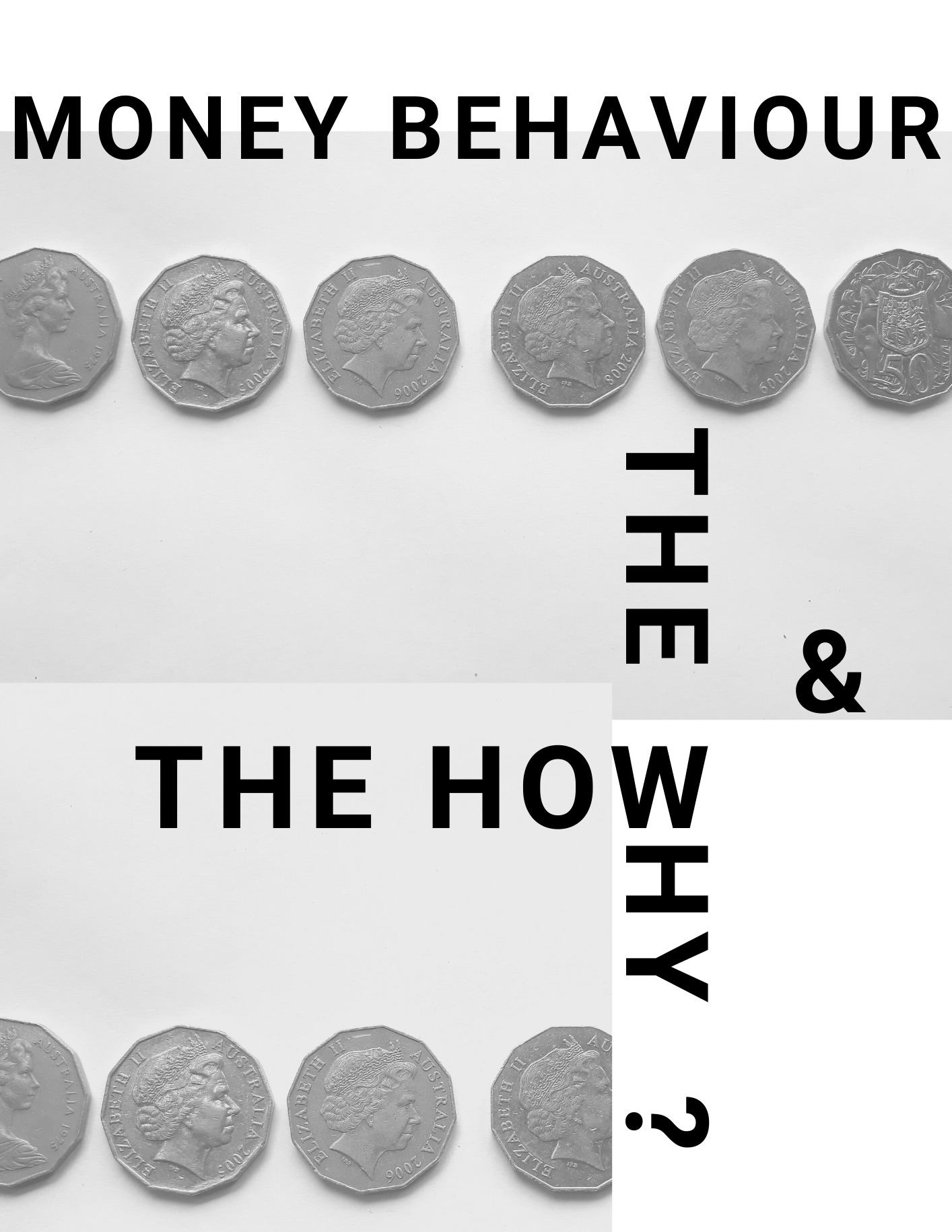Understanding My Money Behaviour
Most people have never heard of money coaching and when they find out what I do they usually say something like:
“Oh that sounds really interesting. Who are your clients?”
I answer that my clients are people who want to understand and manage the money in their lives. Sometimes clients ask me:
“How do I do this?” or “How can I get better at doing this?”
But most of the time, what they are really asking is:
“Why can’t I do this?”
And sometimes, when they’ve struggled and failed to do something like save more or get on top of their spending, they begin to ask themselves:
“What’s wrong with me?”
If you are unable to do something it is usually because you have never been shown how, or because you have something blocking you, or both. And when it comes to money, it’s usually both. In recent years, the field of Behavioural Economics has given us a great framework for understanding why human beings makes decisions that are not always rational and not always aligned with their long term interests. Research shows that our thinking and decision making is subject to a number of biases, mental short cuts and other glitches that simply reflect the fact that we are human. In fact they make us human. We are not rational, utility maximising agents; we are mammals and our evolutionary wiring is focused on keeping us alive in the present moment.
In order to change behaviour you need to know what drives behaviour. So in effect, money coaching becomes a framework that gives you the ability to understand why each person thinks and behaves the way they do around money. After that you can help them build the behaviours that will support their goals and aspirations. Once you understand the why of behaviour, you can then move to the how of behaviour change.
Daniel Kahneman, one of the pioneers of Behavioural Economics, was once asked what was the greatest piece of wisdom he had ever come across. Kahneman talked about a psychologist called Kurt Lewin. Lewin explained that people’s behaviour is strongly driven by two main forces.
There are driving forces that drive you in a particular direction.
And there are restraining forces which are preventing you from going there.
I want to save more money, but I don’t know how. I want to invest but I’m scared of losing money.
The notion that Lewin offers is that actual behaviour is an equilibrium between the driving forces and the restraining forces.
Lewin’s insight was that if you want to achieve a change in behaviour, there is one good way to do it and one bad way to do it. The good way to do it is by diminishing the restraining forces, not by increasing the driving forces. This insight turns out to be profoundly non-intuitive. After all, when we want to move something, we generally move it. And, in most cases we try to change people’s behaviour with a mish-mash of arguments, incentives, and threats.
But diminishing the restraining forces is a completely different kind of activity because instead of asking,
“How can I get them do something?”
It starts with a question of,
“Why aren’t they doing it already?”
And if you want to answer that question, you need to look at the situation from that individual’s point of view, because that is the only way that you can the find restraining forces.
So, if you want to get rid of the restraining forces in your life, the ones that keep you trapped in the ‘why can’t I do this’ and ‘what’s wrong with me’, then let Money Coaching show you how. How to manage your finances. How to find financial peace of mind. How to achieve what you want.
After all, for everything else in life that you want to get better at you would probably use a coach. Now you can also do it with the money in your life.





